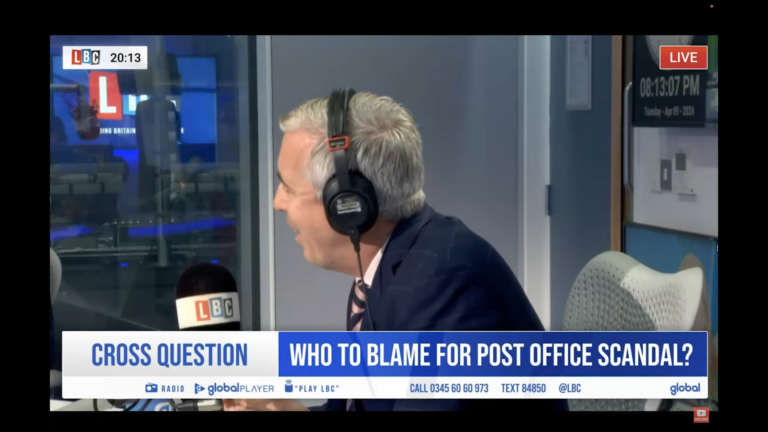As Chair of Trustees for Elizabeth’s Legacy of Hope (an amputee children’s charity, for which PLMR provides pro bono support), I have been privileged to work in the country for the last couple of weeks, to help publicise the launch of our new project to provide prosthetic, psychosocial, educational and livelihood support for 66 amputee children across the country.
So far I have represented the charity as a guest on the ‘Good Morning’ and ‘Human Rights’ shows at Star Radio (the country’s largest commercial radio station), and on the ‘Lifeline’ evening programme on Africa Young Voices radio (which broadcasts nationally, and in some parts of Liberia and Guinea). Tomorrow morning I will be a studio guest on the Sierra Leone Broadcast Corporation’s (SLBC – equivalent of the UK’s BBC) ‘Good Morning’ TV and Radio shows. And next week we expect an article to be published on the project in one of the main national newspapers, the Sierra Express Media.
Along the way, I’ve enjoyed noting down some of the similarities and differences with PR in the UK:
– Pitching to the media – consists of spending a day walking around the publishing and broadcasting houses, explaining your story to the editors or producers in person, and making ‘friends’ (if you’re already mates, you might get away with just a token contribution). This is quite literally ‘selling in;’ nonetheless, like in the UK, human interest stories still always sell best.
– Press releases – similar to much of the UK’s local print media- often the text you provide on your story for the national newspapers will be printed word for word, including the accompanying pictures you submit. As above, most editorial is like advertorial in Sierra Leone, so if you pay a bit more or really convince the editor of the significance of your story, they may link to it on the front page.
– Tailoring your medium – The best way to reach a wide audiences is through the radio. With adult illiteracy at 69% and the majority of the population living on less than $1 a day, most people don’t read newspapers and can’t afford a TV; but nearly everyone listens to the radio. If your target audience is national or international politicians, policy-makers or NGOs, newspapers (preferably with an accompanying website) are your best bet.
– Preparation – much less than in the UK, TV or radio guests are given limited guidance/ briefing by the producers or editors in advance of the show. Sometimes you’re expected to provide them beforehand with a list of questions to ask you during the broadcast. The show’s structure becomes most clear when it actually happens so one needs to be prepared and confident to go with the flow. As always, knowing one’s subject inside out is the best way to ensure success.
– Audience participation – In the broadcast media (especially radio): this is much higher than in the UK. It is not uncommon to be the guest on an hour long radio show, which will split 30 minutes discussing your story with the presenter in the studio, and 30 minutes answering questions that come in from the public by text and telephone. A note pad and pen is required as questions are asked in batches of about 7 or 8!
In the print media: the opposite applies; I’ve yet to see a ‘letters to the editor’ section in any of the papers.
I look forward to sharing some of my ‘on air’ recordings when I get back.



